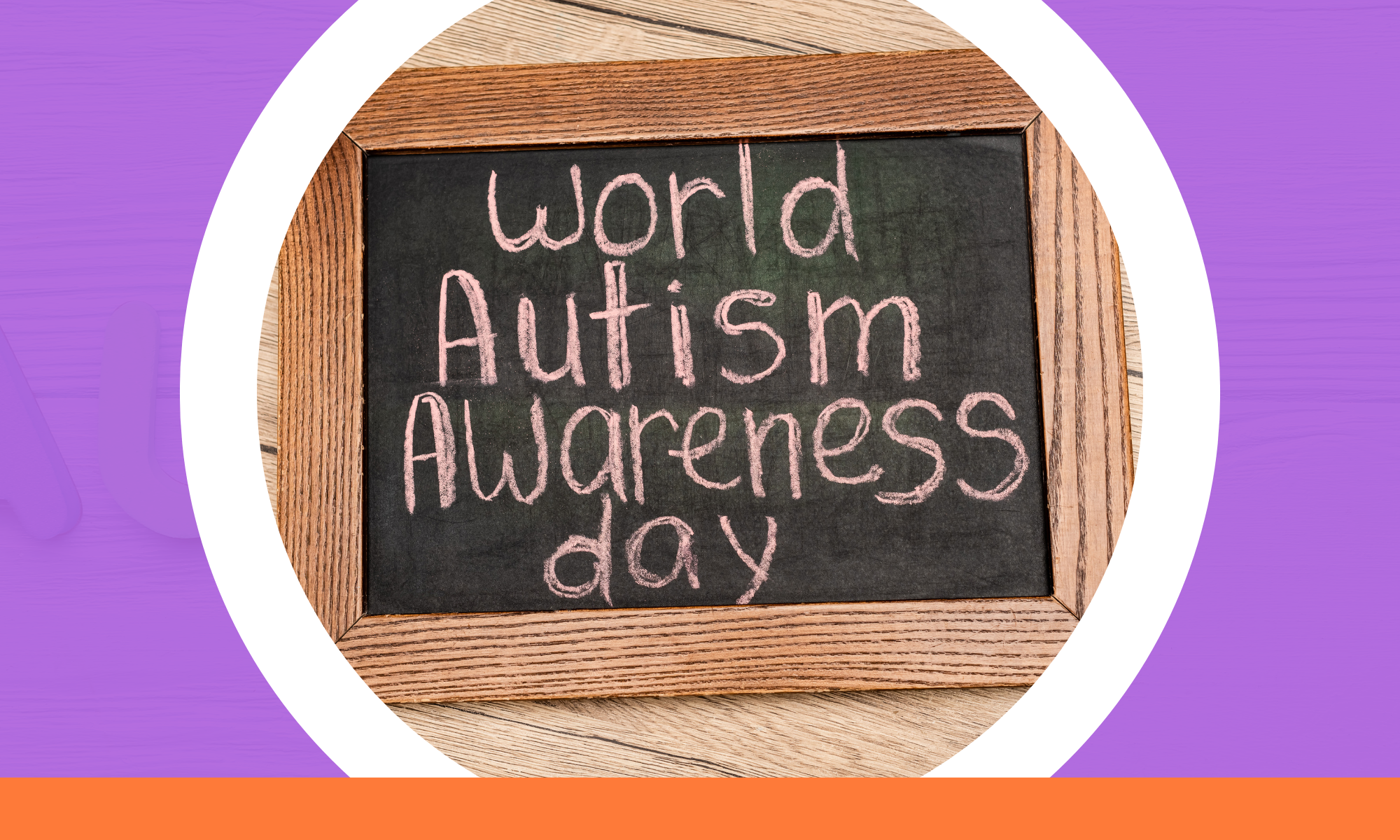Supporting Children with Autism in the Classroom
Supporting children with autism in the classroom begins with understanding, compassion, and a commitment to tailored education. Every child possesses unique strengths, challenges, and perspectives and it is the responsibility of educators to recognise and celebrate this diversity. The classroom becomes a haven of learning and growth when we acknowledge and address the specific needs of children with autism. Every child needs to be valued, where differences are embraced, and where each student is provided with the tools and encouragement to reach their full potential. Through patience, empathy, and innovative teaching methods, a nurturing environment can be created where every child feels seen, heard, and supported.
According to the National Council for Special Education, there are now 2,184 special classes for children with autism in place: 146 early intervention special classes, 1,401 primary special classes and 637 post-primary special classes.
How to Identify Autism
Teachers play a crucial role in early identification, as they interact with students daily and can notice behaviors or patterns that may indicate the need for further evaluation. Here are some key ways teachers can identify autism in the classroom:

Creating Autism-Friendly Learning Environments
By creating practical strategies, evidence-based practices and room modifications, teachers can enhance the learning experience for autistic students. These environments are designed to be supportive, inclusive, and accommodating while considering the unique needs and challenges that students may come across.

Building Positive Social Interactions and Peer Relationships
Fostering social skills and encouraging positive interactions among students will create an inclusive social atmosphere. They might face challenges in understanding social cues and communicating effectively, therefore cultivating meaningful relationships can significantly impact their overall well-being and academic progress.
Our Autism Assessment Services
Our dedicated and specialised multi-disciplinary team have over 30-years-experience in the field and will help provide clear, compassionate advice alongside a full HSE-standard assessment report. We offer a person centred, evidence based assessments for children aged 3 to 17.
Our dedicated team supports your needs and our client-centred approach allows us to educate, assess, and support clients directly. We have the right team with the right skills and knowledge to support each family’s needs.
Supporting children with autism in the classroom is not just a responsibility but a shared commitment to inclusivity and understanding. Teachers play a vital role in creating an environment where every child, regardless of their unique abilities, can thrive. By recognising the signs, embracing patience, and implementing tailored strategies, educators can foster an atmosphere of acceptance and support. By using these methods, it is possible to create a nurturing and empowering educational journey for every child.










